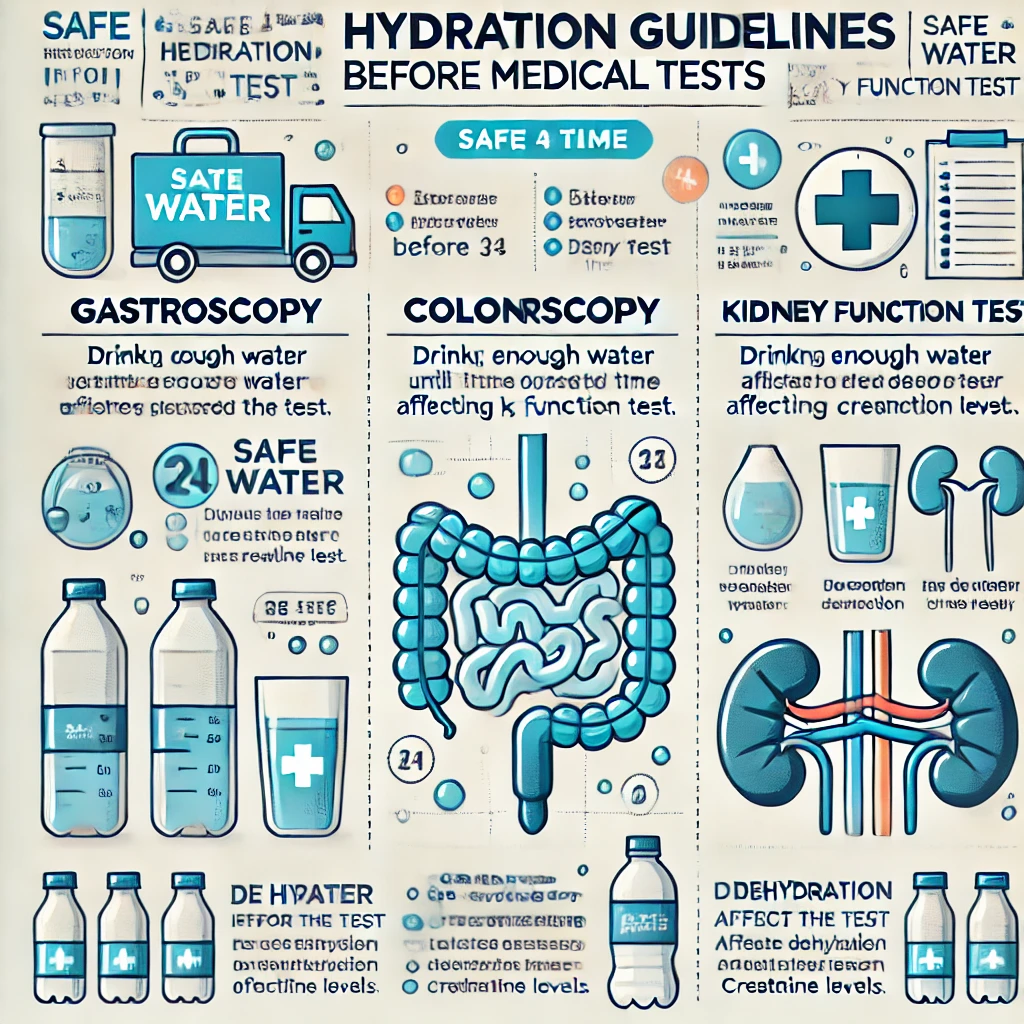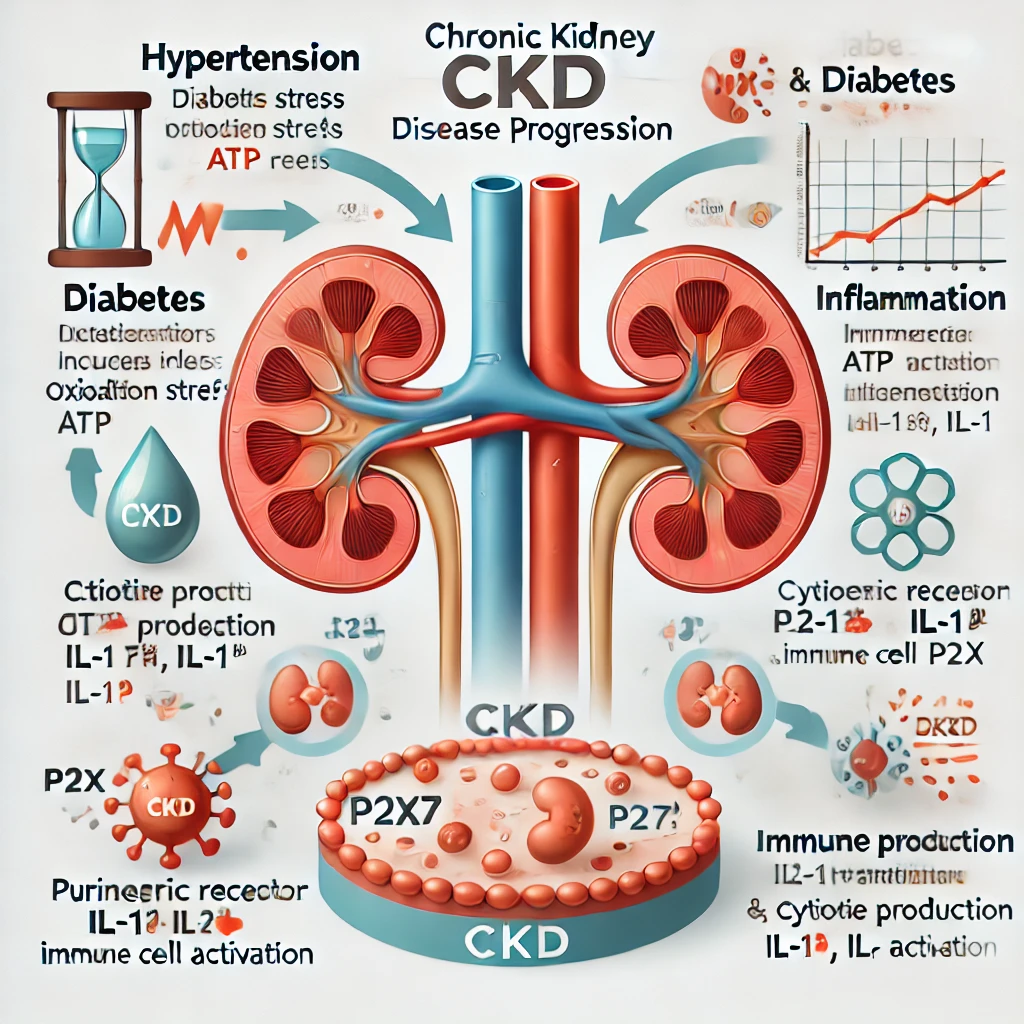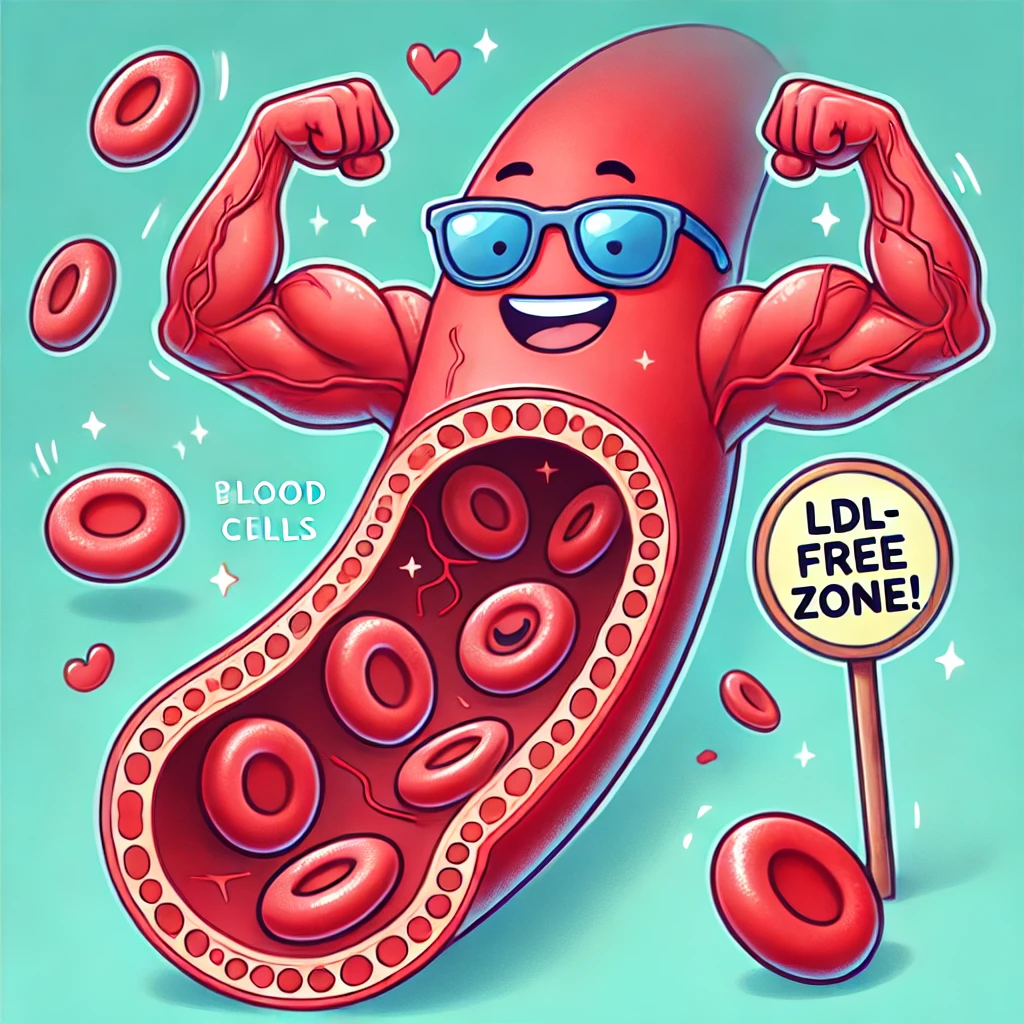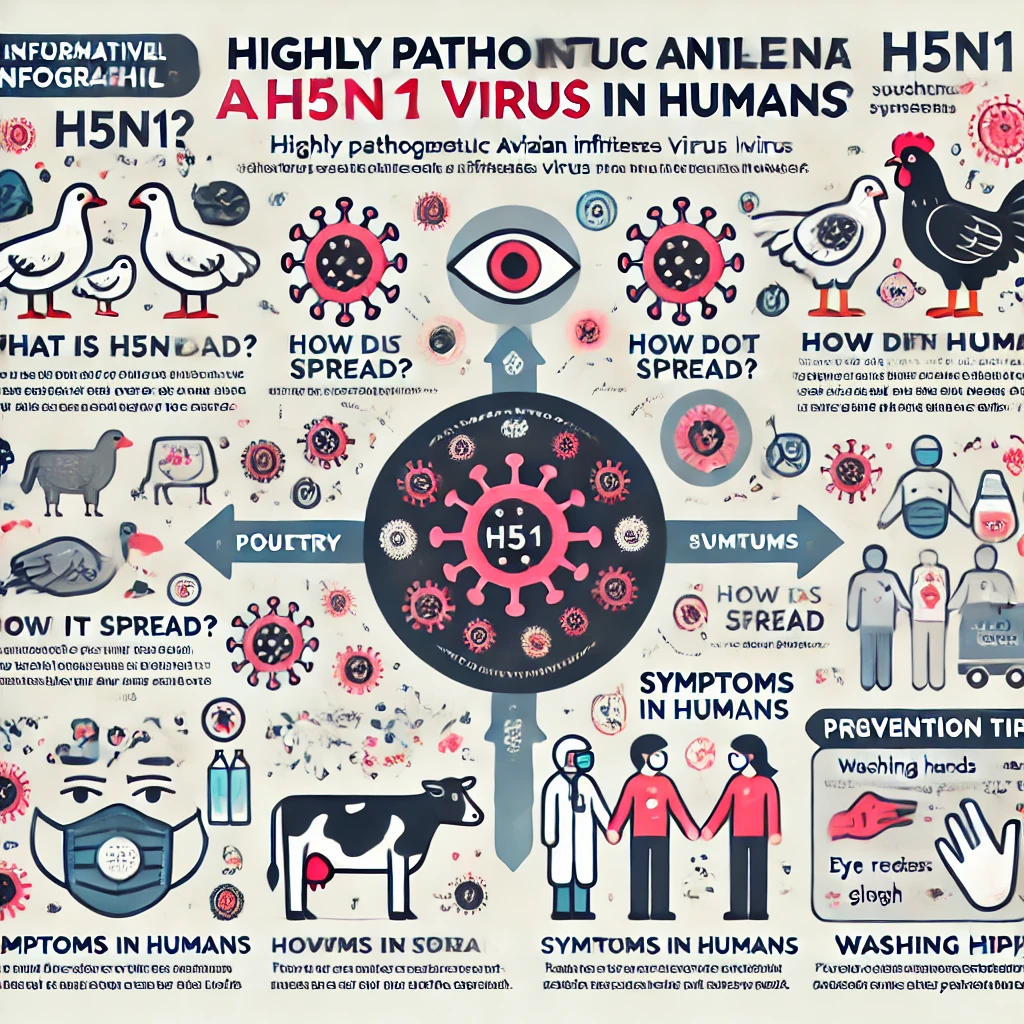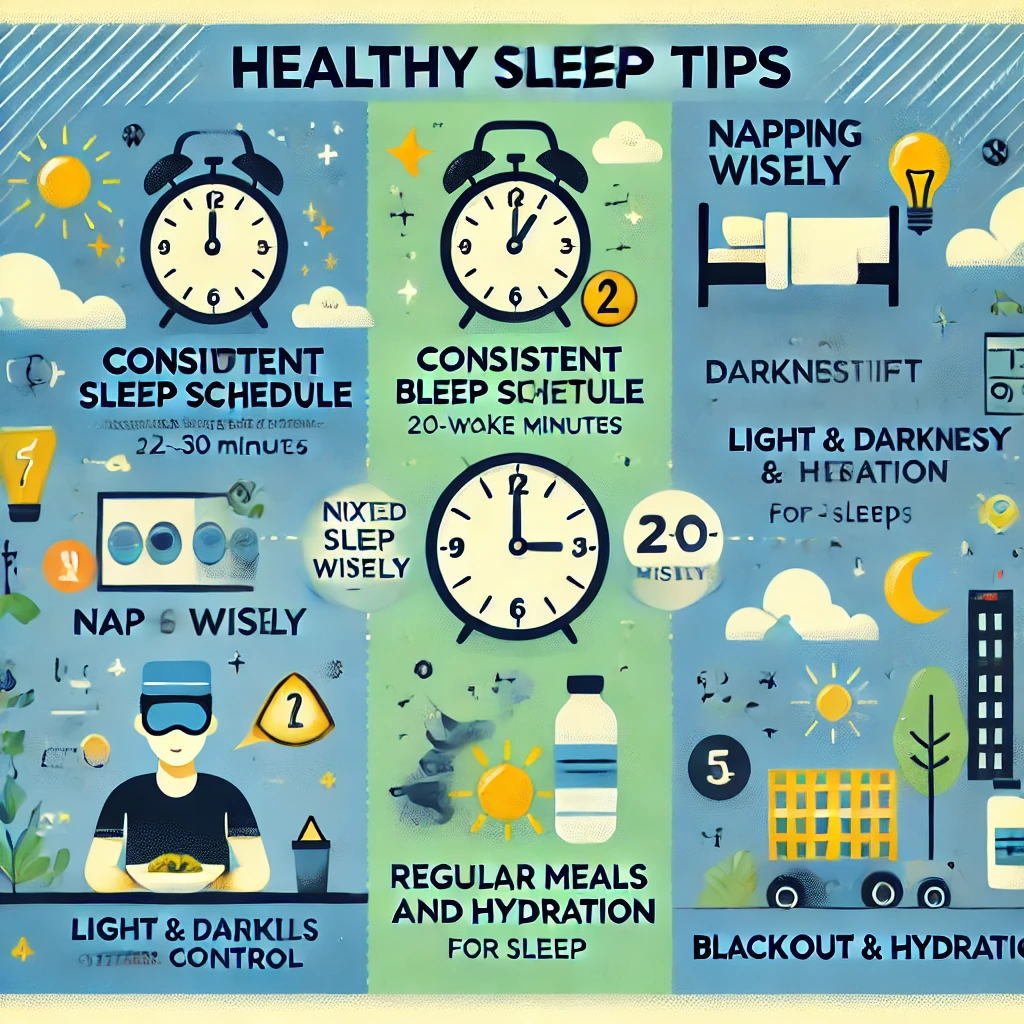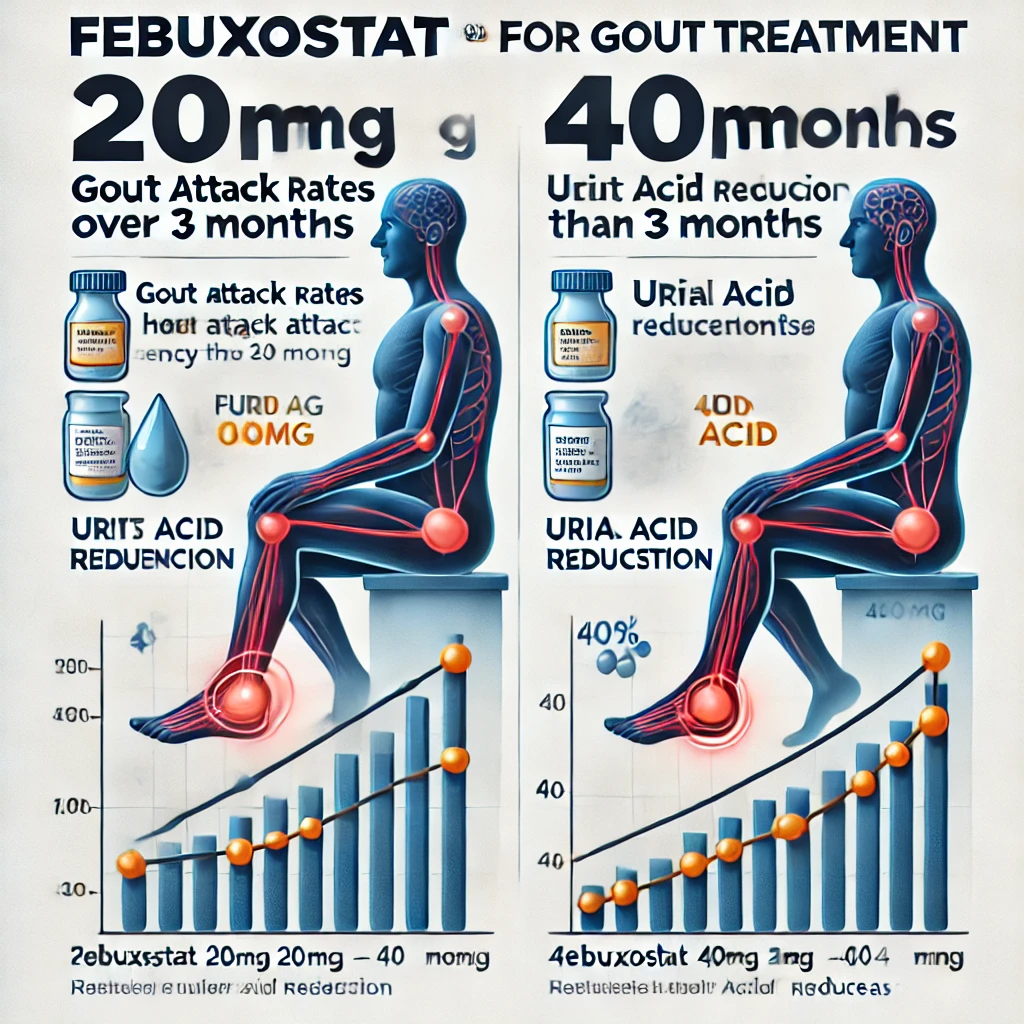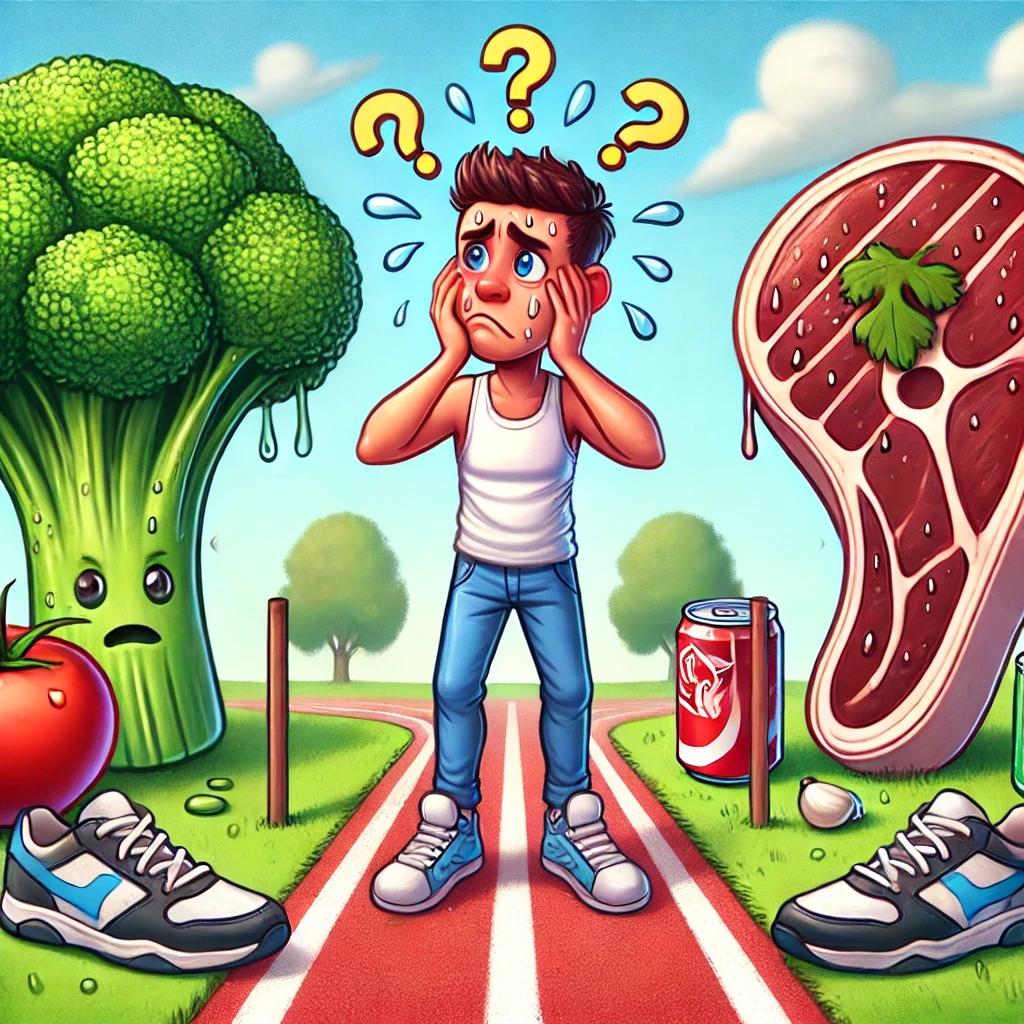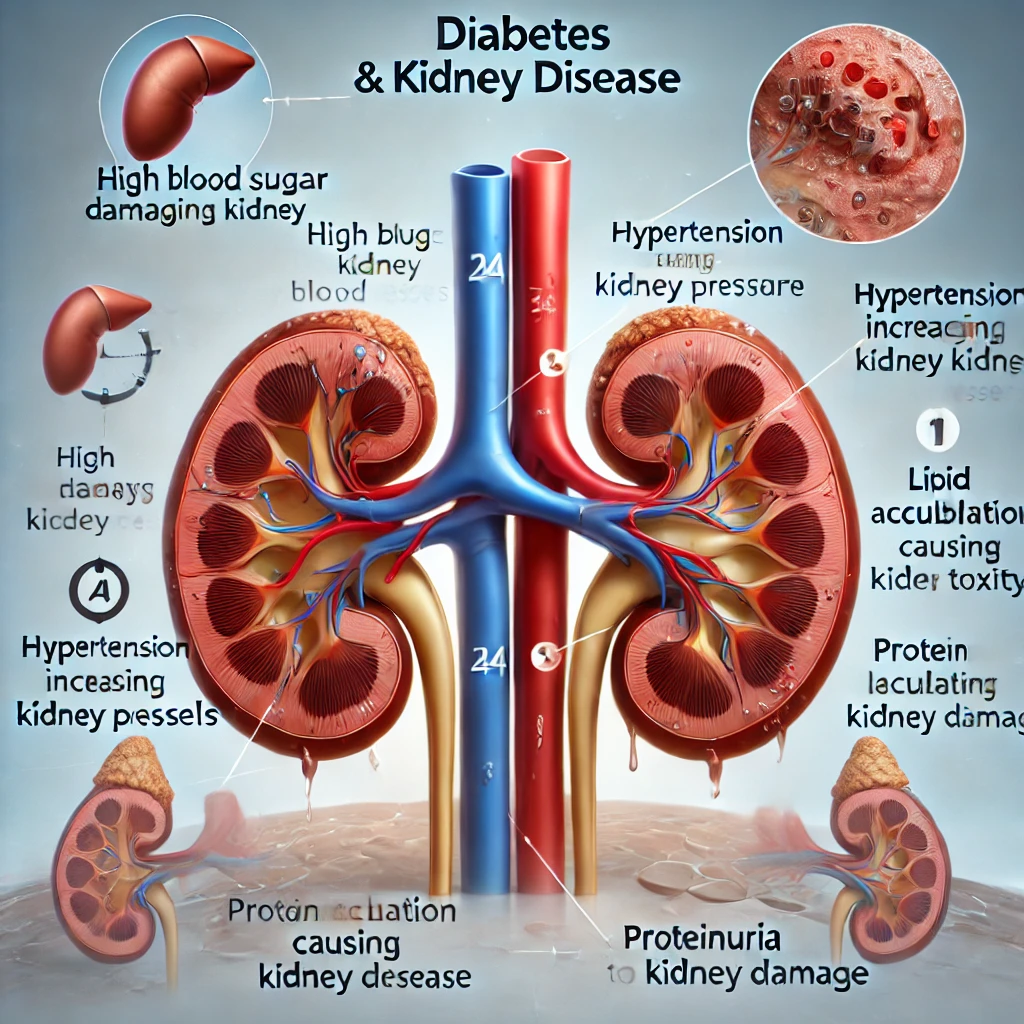The Increased Risk of Osteoporotic Fractures with PPI and H2RA Combination Therapy
Please check the names of the medications you are taking to see if they include a PPI or H2RA. If you are taking both together, make sure to review this with your doctor. Recent Study… The Increased Risk of Osteoporotic Fractures with PPI and H2RA Combination Therapy
